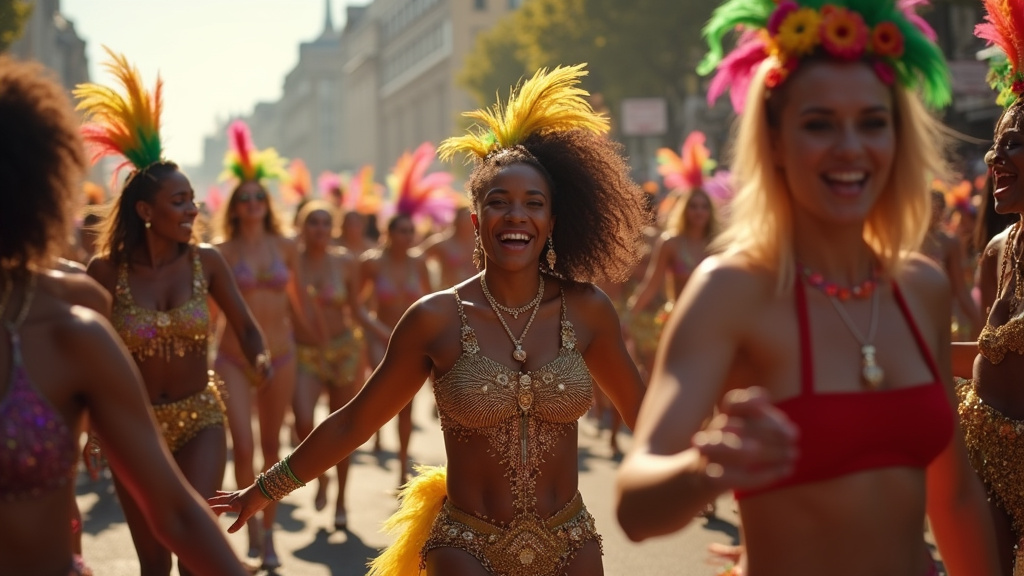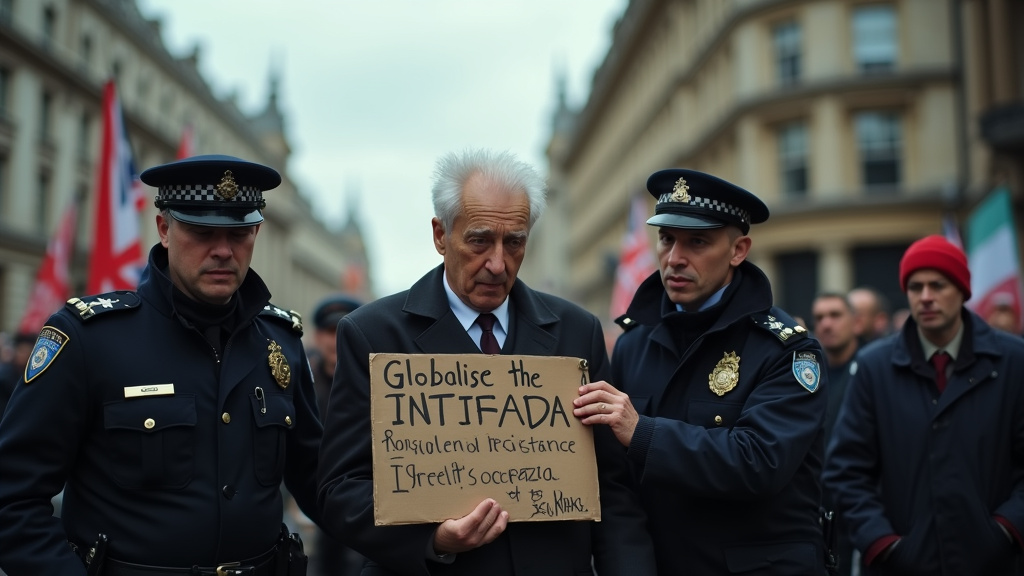London, UK – August 25, 2025 – The streets of West London pulsed with vibrant energy as thousands of revellers flocked to Notting Hill for the second day of the annual Notting Hill Carnival. The iconic event, a cornerstone of London’s cultural calendar, celebrated the rich tapestry of Caribbean heritage with dazzling parades, pulsating music, and a kaleidoscope of colourful costumes.
A Resounding Celebration of Culture
The parade on Monday, August 25, 2025, saw bands and floats representing the diverse Caribbean, African, and Brazilian diasporas winding through the streets. Enthusiastic crowds lined the route, soaking in the atmosphere under warm weather conditions, with temperatures reaching a pleasant 26C. Participating groups such as Bajan Raw Licquer, Mahogany, Chocolate Nation, Mas Africa, Vincy Alliance, and United Kreyol showcased traditions from across the Caribbean, including Trinidad & Tobago, Barbados, St Lucia, Grenada, Jamaica, Dominica, and Haiti. Brazilian samba schools and long-established UK community bands also added to the spectacular lineup, contributing to the carnival’s reputation as Europe’s largest street festival.
Many attendees expressed their delight, with one reveller, Maria James, 34, stating, “It feels like a piece of the Caribbean right here in London.” Another, James Lewis, 41, who travelled from Birmingham, remarked, “It’s amazing to see so many cultures coming together”. The event, which has roots stretching back to 1966, continues to be a powerful expression of cultural unity and a testament to the contributions of the British Caribbean community to the UK.
Addressing Future Challenges: Funding and Safety
While the carnival once again showcased its vibrant cultural appeal, its future has been a topic of discussion, primarily concerning funding and safety. An independent review, supported by the Metropolitan Police, highlighted the need for increased funding to manage crowd control and implement necessary safety measures for the 2025 event.
In response to these concerns, City Hall, the Royal Borough of Kensington & Chelsea, and Westminster City Council collectively provided approximately £958,000 in additional funding. This significant sum was pledged to enhance safety and infrastructure, ensuring the carnival could proceed as planned after earlier fears of its jeopardy due to funding challenges. Festival chairman Ian Comfort expressed gratitude for the support, noting that the funding secured the event’s immediate future and underscored its importance as a cultural institution. Despite these efforts, local council representatives have indicated that this funding is primarily for the current year, emphasizing the ongoing need for sustained support and recognition of the carnival’s significance from the government.
A Look Back and Ahead
The Met Police reported a significant presence, with around 7,000 officers on duty across the capital over the carnival weekend. Proactive policing interventions led to a number of arrests on the approaches to the event and within its boundaries, addressing concerns related to public safety.
Economically, the Notting Hill Carnival remains a substantial asset to London. A recent study estimates its direct economic impact at over £396 million annually, supporting thousands of jobs and attracting a considerable number of international tourists. This economic contribution highlights the festival’s broader importance beyond its cultural significance.
As the cleanup commences, with Kensington and Chelsea Council managing an estimated 300 tonnes of waste over the weekend, the focus shifts to maintaining the spirit of celebration while addressing the operational and financial challenges. The enduring legacy of Notting Hill Carnival, rooted in community and cultural expression, continues to be a trending topic in London news, vital for the city’s identity and heritage. The event’s organisers are also focusing on educating the public about its culture and rules to foster respect and ensure the traditions are passed down to future generations. The ongoing dialogue about funding, safety, and community control shapes the narrative of this beloved London event, as it navigates its path forward.





